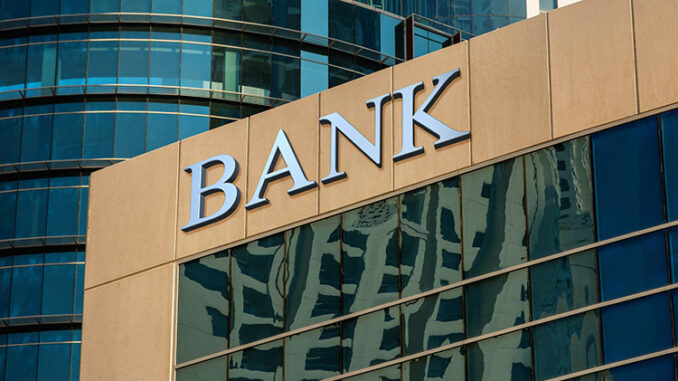
You may have heard people talking about banks failing recently. What exactly does it mean for a bank to fail? More importantly, what happens after a bank fails?
Banks allow people and businesses to safely store their money. People deposit [to put something in a place] money into a bank. They may also withdraw money from a bank. Banks do not keep all the money that people deposit, though. They make loans to people and businesses. They charge people extra money called interest when people pay the loans back. Sometimes banks make investments. This is when they buy things that are expected to be worth more money over time. This is how banks make money.
However, sometimes a bank’s investments might lose money, rather than gain money. Sometimes people cannot pay their loans back to a bank. Sometimes more people want to withdraw money than a bank expects. When a bank runs out of money to pay what it owes, it fails.
The federal government has the power to close a national bank that fails. Banking commissioners have the power to close state banks that fail. Often when one bank fails, it can lead to other banks failing. Since 1933, the Federal Deposit Insurance Corporation (FDIC) has assumed control of failing banks. It either sells the bank or gets a more successful bank to take over its operation. It will pay back up to $250,000 to people who lose money in a bank that fails. This money comes from taxes.
What Do You Think? Were you surprised to learn that a bank could run out of money? Why or why not?
Photo Credit: Anton Violin/Shutterstock



